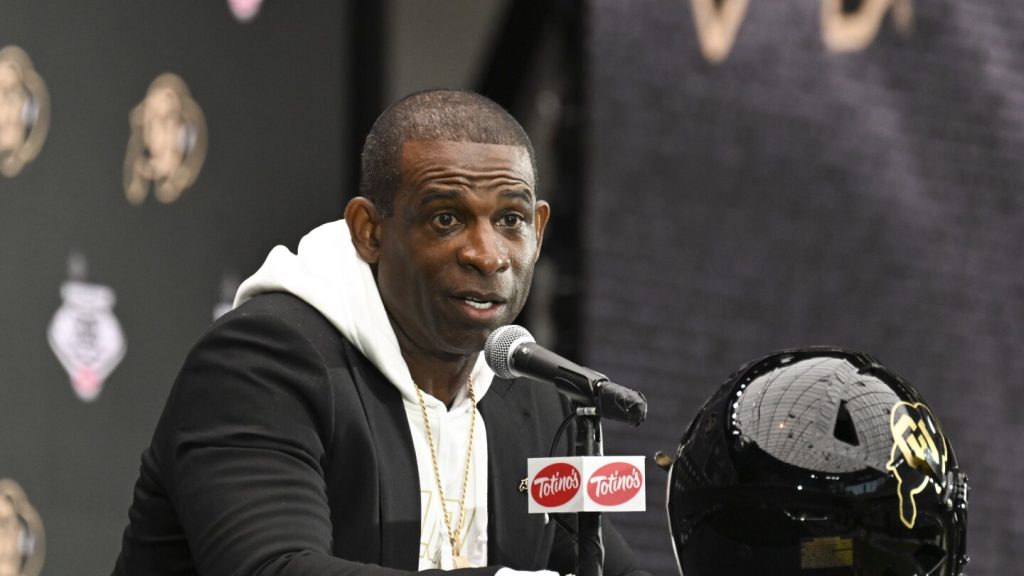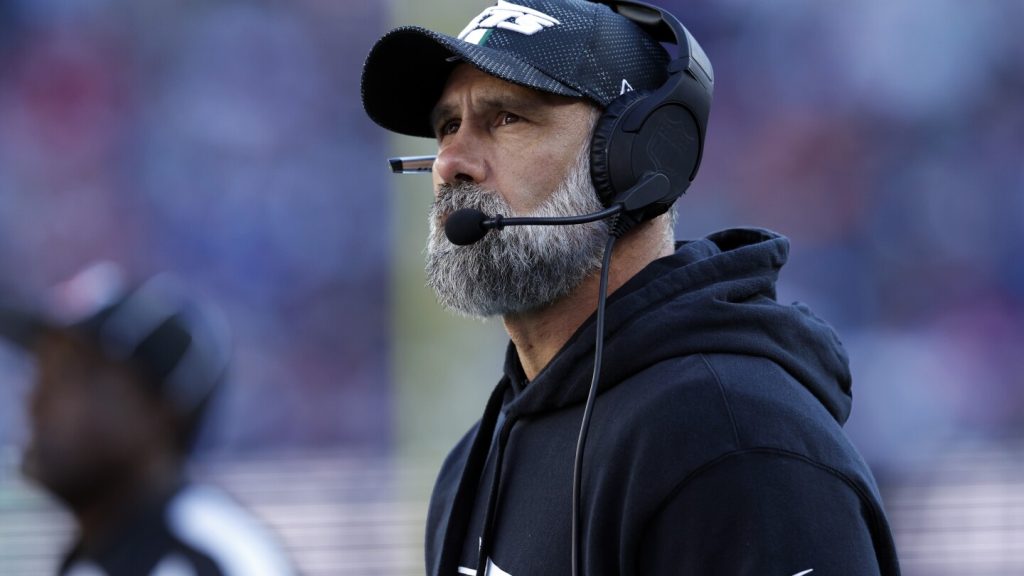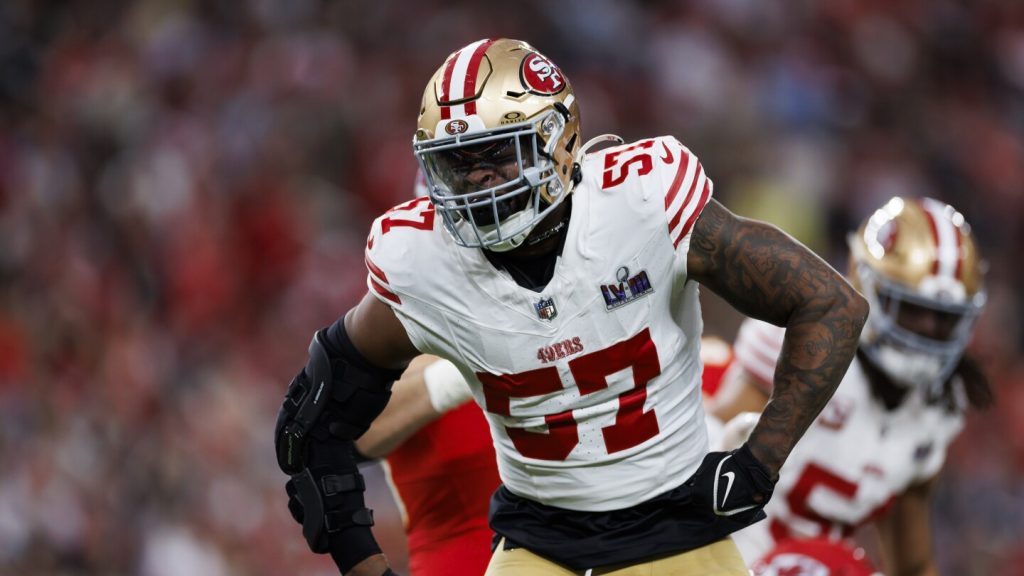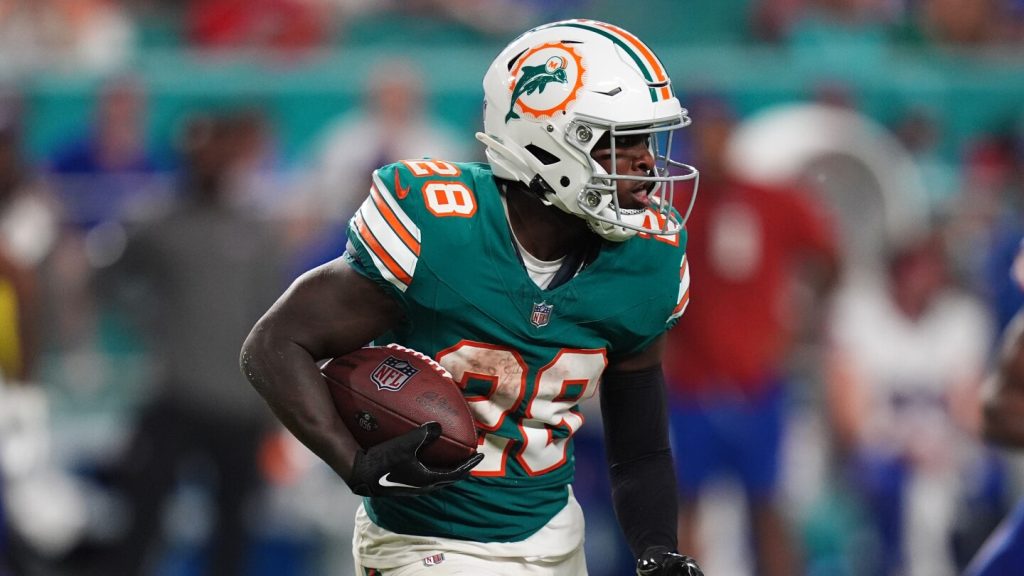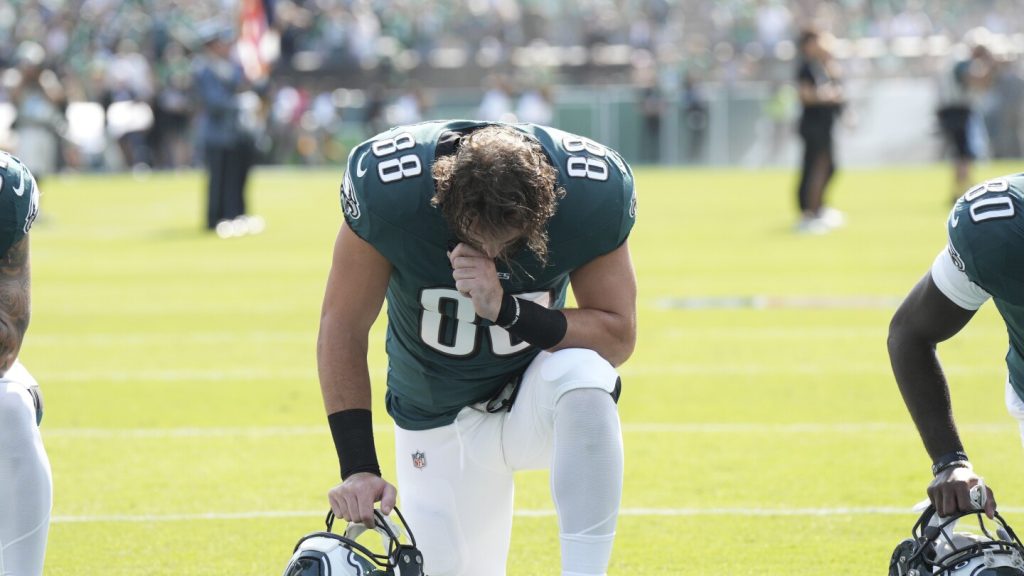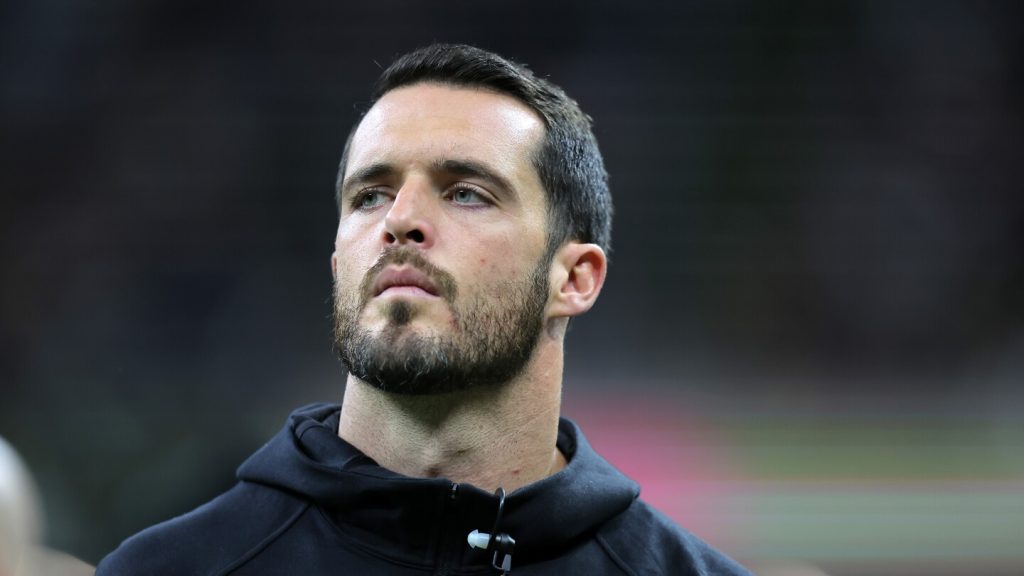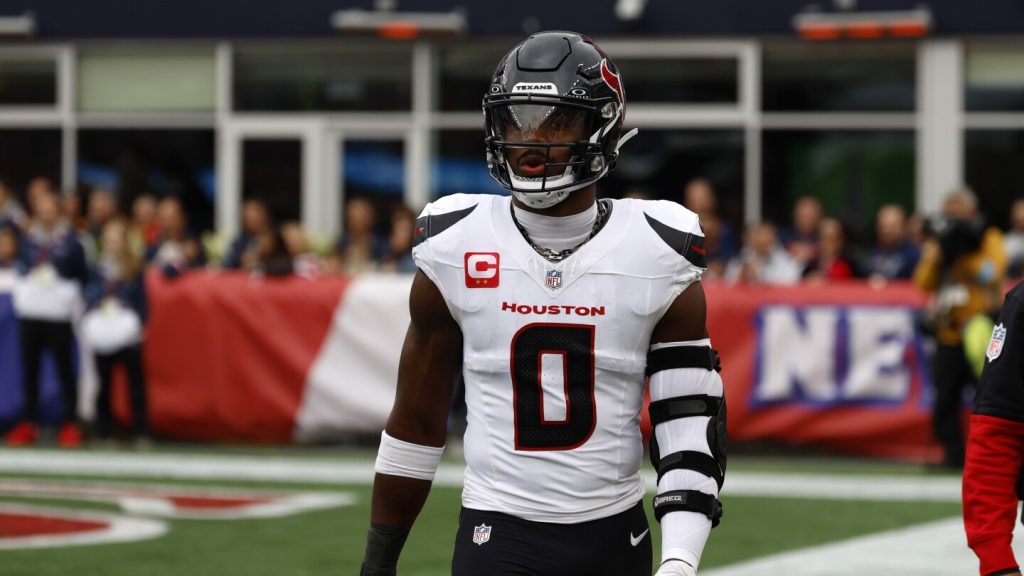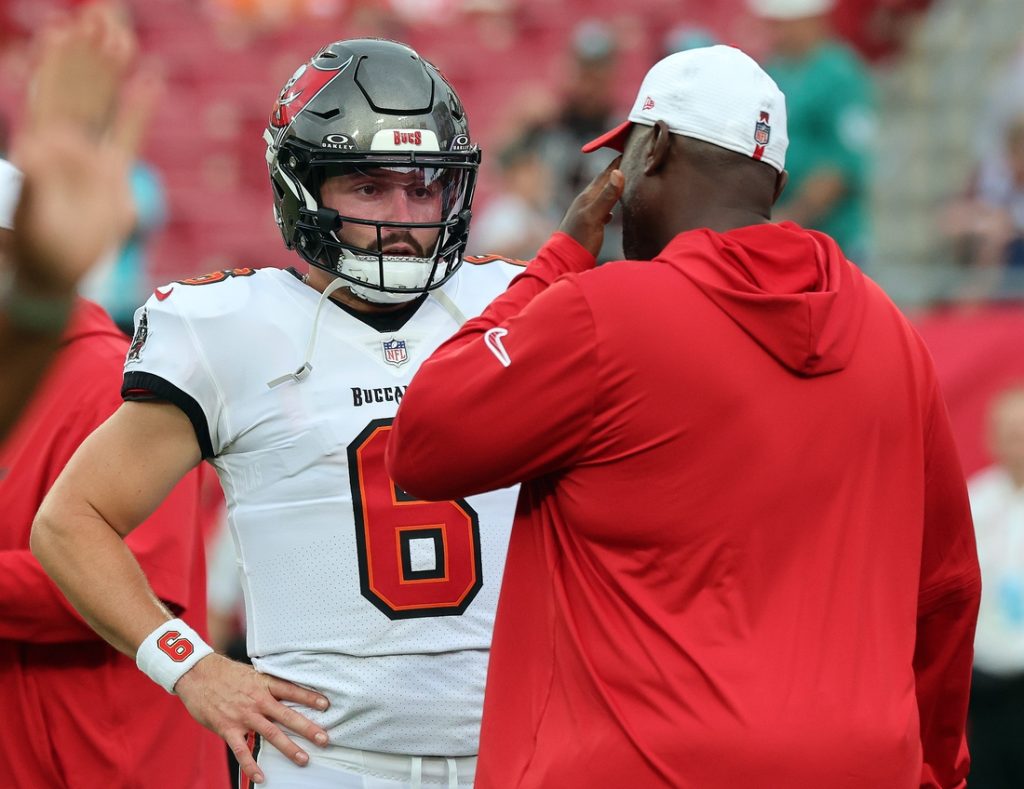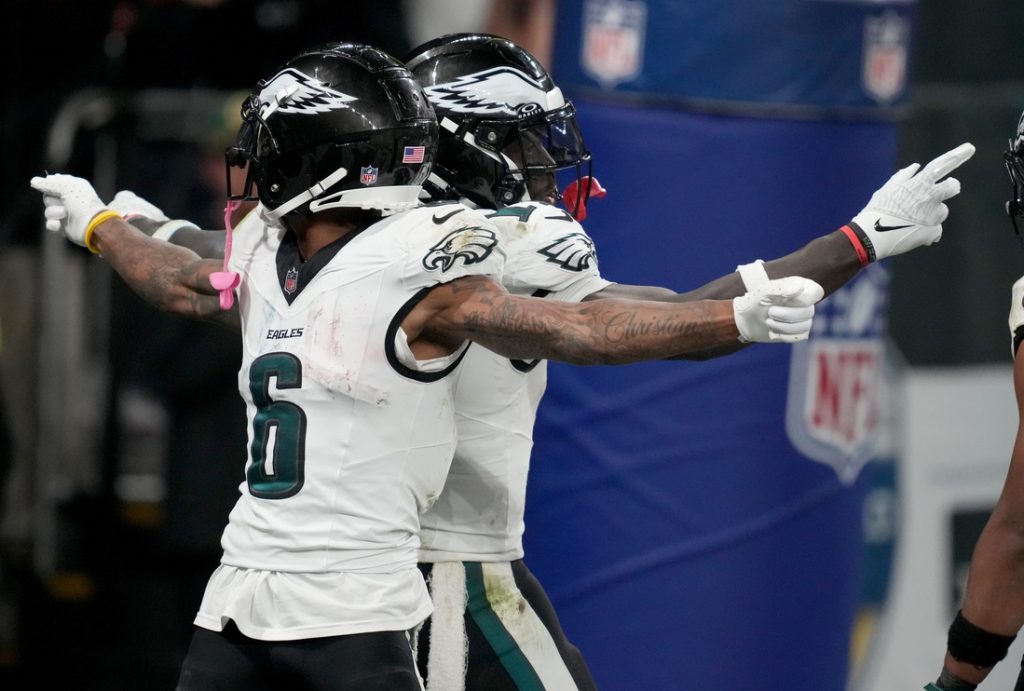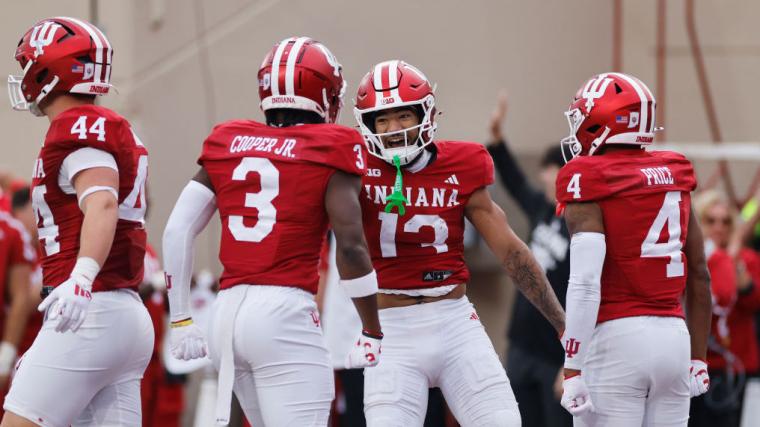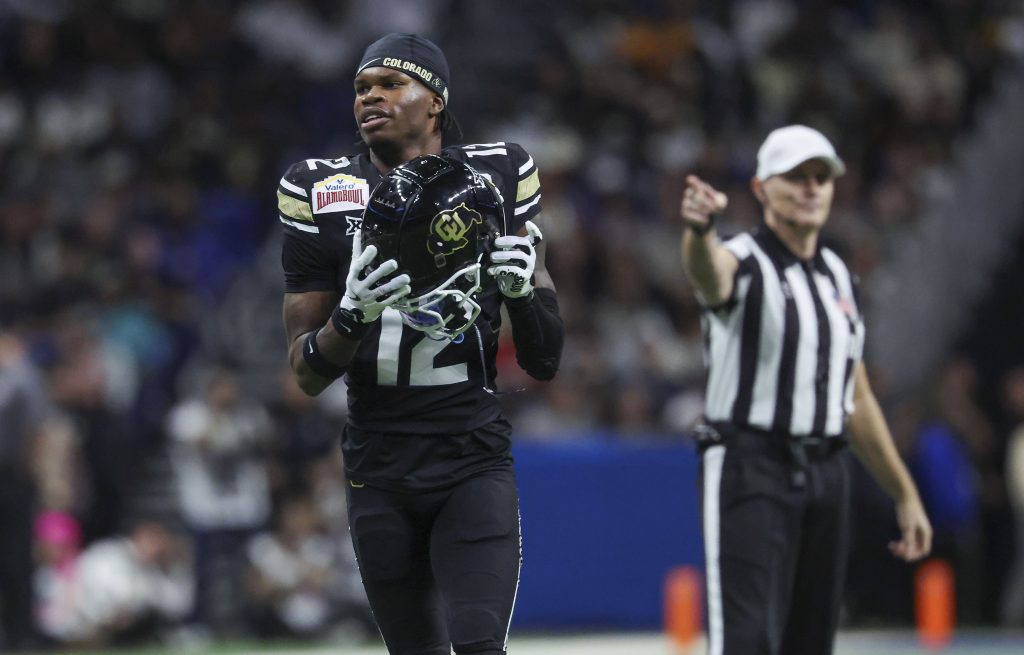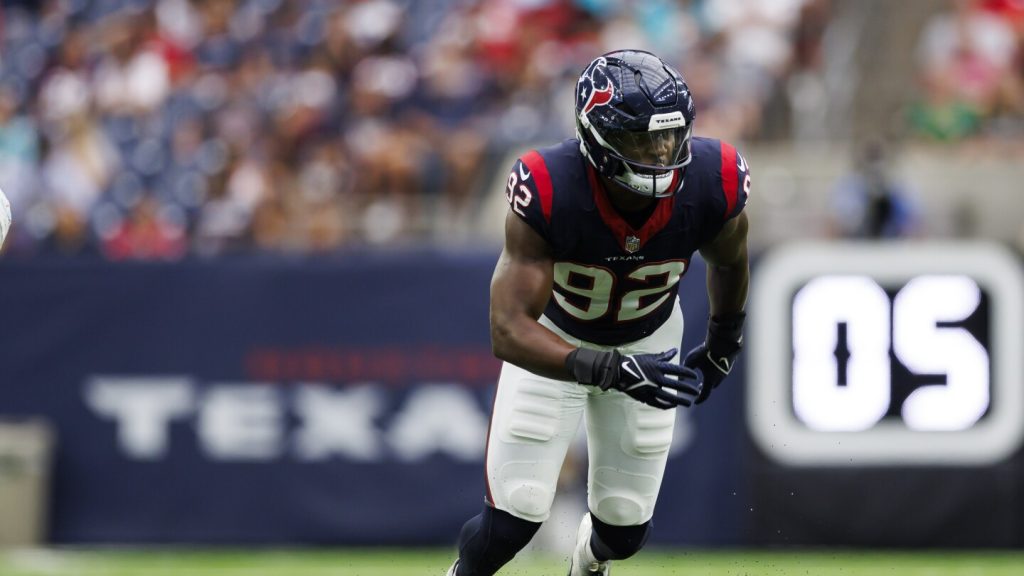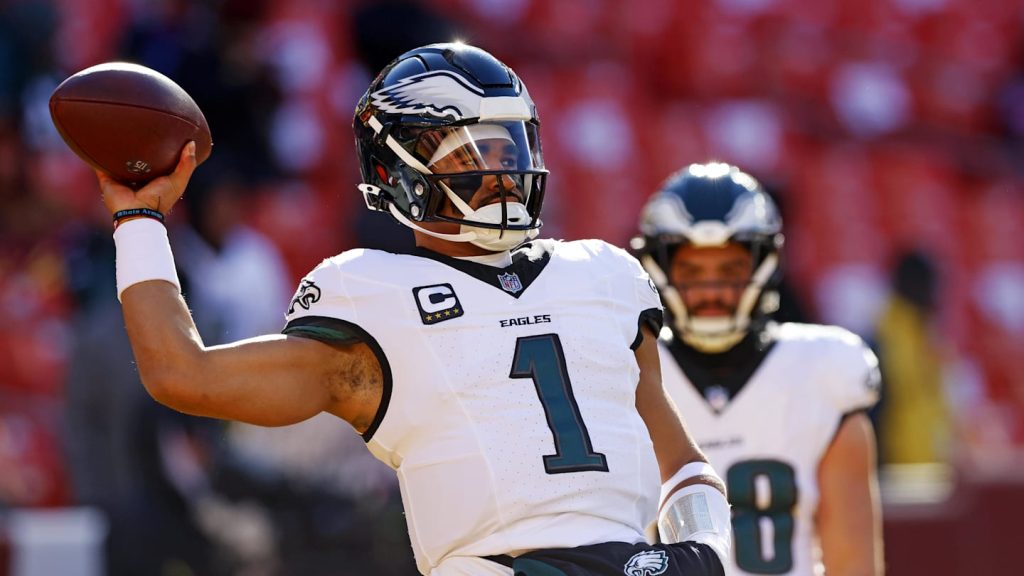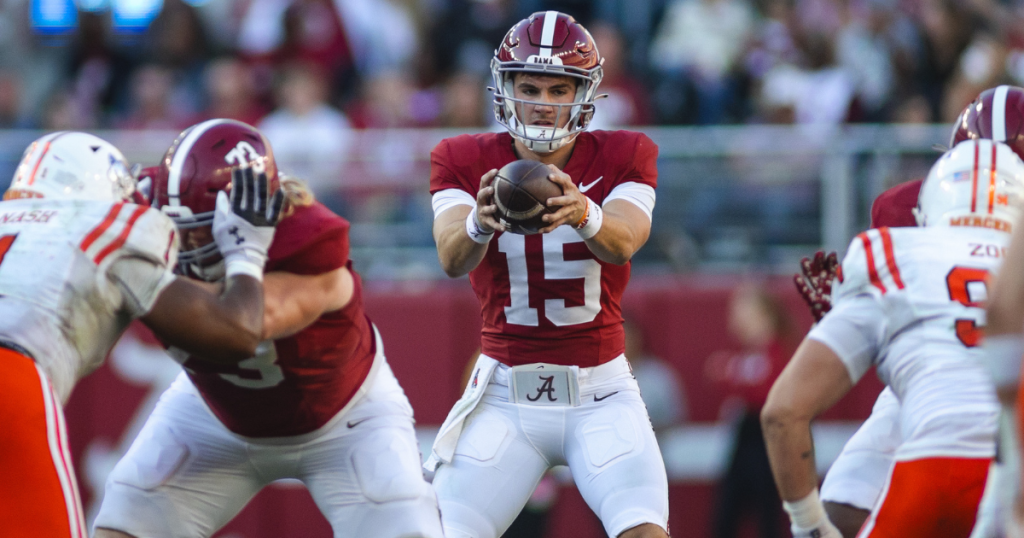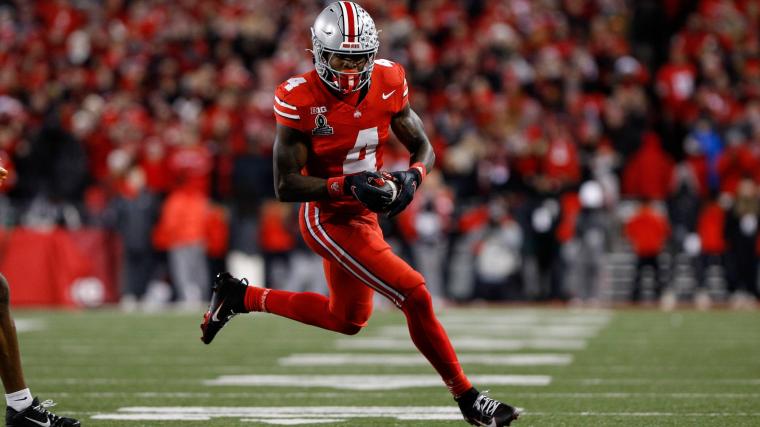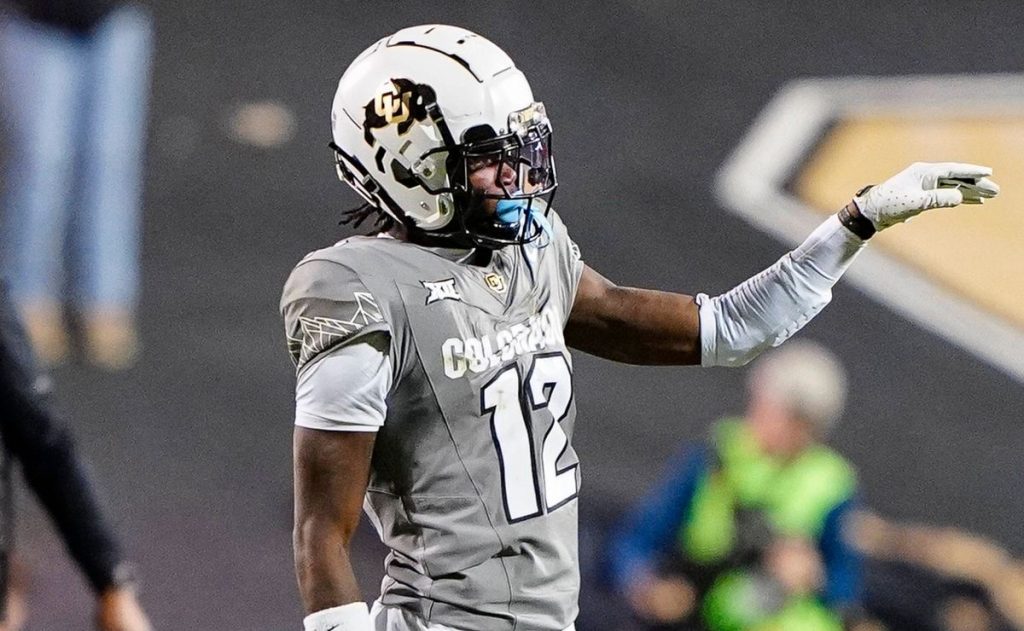Coach Deion Sanders of Colorado is no stranger to creating headlines, both positive and negative, during his tenure in college football. Recently, his interactions with the media have sparked discussions, specifically after he decided to stop answering questions from Sean Keeler of the Denver Post. Keeler had critiqued Sanders’ refusal to engage with any CBS-affiliated personnel, attributing it to perceived slights from someone within the CBS ecosystem.
Sander’s Stance on Negativity: An In-Depth Look
During a press conference on Saturday, Sanders was directly asked about his approach to handling questions that he perceives as negative going forward.
“When I ask a negative question, will you not answer them anymore?” a reporter inquired.
Sanders’ response was both fiery and passionate: “That’s being negative right now. You’re assuming that I’m going to be negative. I’m not negative to anyone here. I would challenge you and ask, ‘Why?’ or ‘Where’s this coming from?’ I’m not built to be hateful. I come with love and peace. Now, once you show me where you stand, I might have to adjust my approach. But know this, I won’t match ignorance with ignorance. Not calling you ignorant, just saying, I won’t stoop to that level.”
Reacting to the Critics
But stopping a press conference to question the “why” behind a reporter’s inquiry is Sanders’ way of responding to negatively perceived questions. Instead of just answering questions positively and addressing concerns privately, Coach Prime as he’s famously known, often chooses a different route.
The heart of the issue seems to be Sanders categorizing questions – into positive or negative, separating those reporters who are with him from those who aren’t. For Deion, a tough question indicates where a journalist stands and often leads him to regard them as ignorant.
Press Conference Dynamics
This reveals Sanders’ preference for press conferences filled with supporters. Those who pose supportive questions are rewarded with his responses, while critical voices face silence or deflection.
Does Sanders Feel Persecuted?
When asked if he feels persecuted, Sanders replied with characteristic flair, “I don’t know about persecuted. This is par for the course. It’s like, this isn’t my first rodeo. I’ve been lied on, cheated, talked about, mistreated. Ain’t that a gospel song? But with maturity, I’ve learned not to shoot back or lash out. I just want to understand the ‘why’. Let’s figure out the ‘why’ together because understanding that profoundly helps.”
Interestingly, for the first time, Deion has the leverage to control these interactions, like hitting a virtual block button. He’s effectively blocking CBS, Keeler, and any dissenting voices from participating.
Although Sanders expressed a desire to understand the “why,” one must wonder if he genuinely seeks this understanding or simply seeks to silence dissenting voices.
The Critic’s Perspective
Criticism, when handled constructively, offers valuable insights. Constantly blocking it means missing out on opportunities for growth. Rather than snubbing tough questions, Sanders should consider winning over the skeptics, grasping their perspectives, and potentially changing their minds. This approach fosters respect and understanding instead of demanding blind loyalty.
If Coach Prime isn’t genuinely interested in the “why,” he risks reducing his press corps to a group of yes-men, echoing everything he says with uncritical enthusiasm.
In the colorful world of NFL and collegiate football, a leader’s ability to navigate criticism with grace can be as crucial as a last-second touchdown. Sanders has an opportunity here to set a powerful example. Will he rise to the occasion?

